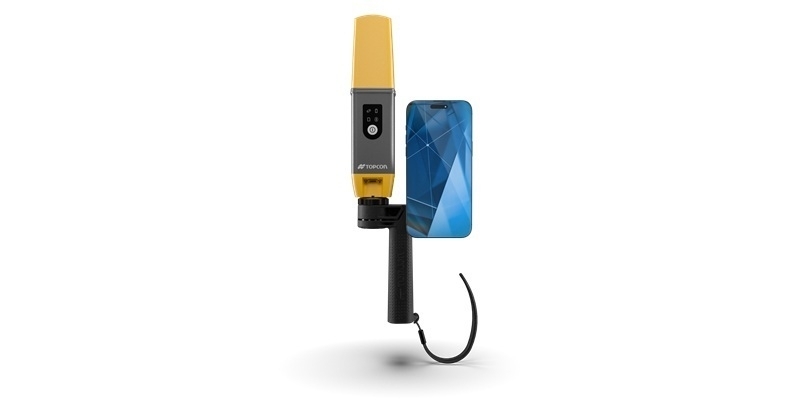Metop-C, the last of the first generation of European meteorological polar-orbiting satellites, is undergoing final testing before being readied for launch in September.
Metop-C is the third satellite of the EUMETSAT Polar System (EPS) exploited since 2006 by EUMETSAT from its mission control centre in Darmstadt, Germany.
The satellite carries a dedicated, sophisticated suite of meteorological instruments that provides data crucial for weather forecasting and climate monitoring.
“With its Metop satellites, Europe has brought meteorological observations from the polar orbit to a new standard with innovative European instruments that have massively improved weather forecasts and climate monitoring and are still unrivalled,” EUMETSAT Director-General Alain Ratier said.
“According to recent impact studies, Metop-A and -B, the two Metops currently in orbit, contribute 27 percent of the error reduction in weather forecasts attributed to all sources of real-time observations.
“This will further increase after the launch of Metop-C, as we will then exploit three Metop satellites in orbit. This will last for about three years, because Metop-A will remain in operations until 2022, far beyond its five-year design lifetime.”
The Metop-C satellite, due for launch on 19 September from Kourou, French Guiana, is undergoing tests at the Airbus clean room in Toulouse. The various parts of the spacecraft have been assembled and integrated in a dust-and-contaminant-free environment to protect its precious cargo of instruments and sensors while testing is carried out.
The Metop satellites have been developed and procured by ESA in cooperation with EUMETSAT, and Airbus Defence and Space is the prime contractor. EUMETSAT also has cooperation schemes with CNES, the French Space Agency, for the development and procurement of the satellites’ Infrared Atmospheric Sounding Interferometer (IASI) instrument, and with the United States’ National Oceanic and Atmospheric Administration (NOAA) for the provision of legacy instruments.
“The Metop satellites in orbit have demonstrated their significant contribution to the accuracy of weather prediction and still represent the most advanced polar-orbiting meteorological satellites in the world,” ESA Metop Programmes Manager Graeme Mason said. “Furthermore, by greatly exceeding their original design lifetimes they are providing an excellent return on investment for the meteorological community.
“These performances are a testament to the outstanding design, development and engineering expertise of European space industry under the guidance of ESA.”
The EUMETSAT Polar System includes a comprehensive ground segment developed and exploited by EUMETSAT to control the fleet of Metop satellites, acquire and process their data in real time and deliver real-time products to users worldwide. It is Europe’s contribution to the Initial Joint Polar System (IJPS) shared with the United States’ NOAA. In order to provide maximum coverage and revisit frequency, the two organisations’ satellites fly in complementary orbits.
Image: EUMETSAT Director-General Alain Ratier and Director of Operations and Services to Users Livio Mastroddi with Metop-C in the Airbus clean room at Toulouse
Subscribe to our newsletter
Stay updated on the latest technology, innovation product arrivals and exciting offers to your inbox.
Newsletter

